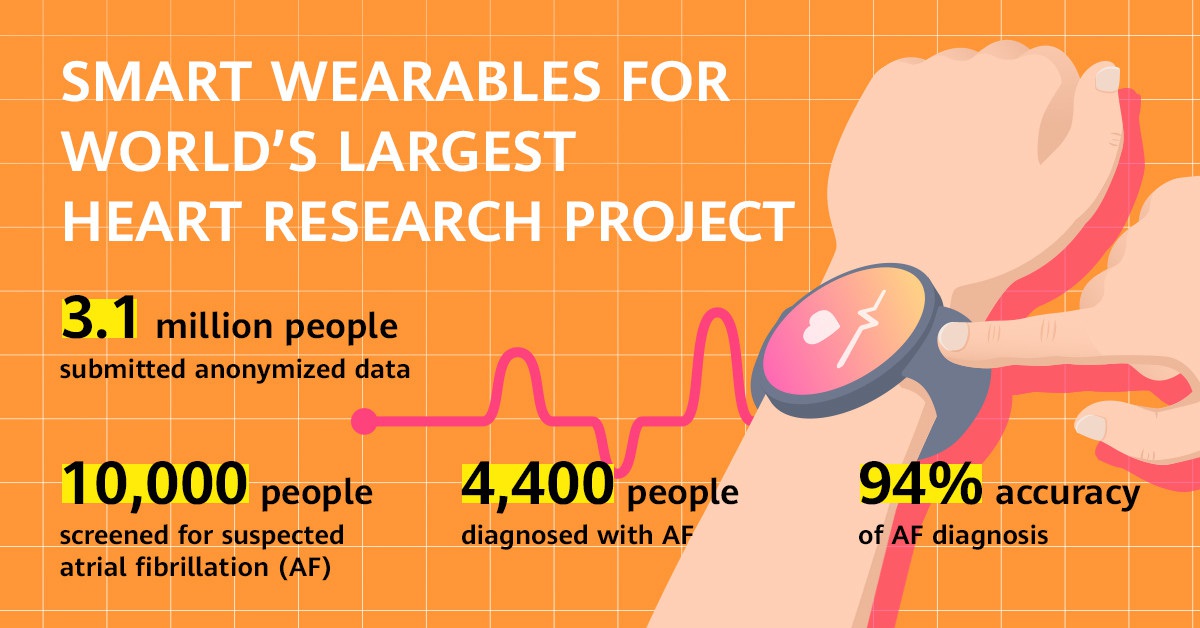
@ShahidNShah


Global healthcare faces challenges including lack of access to basic services and staff shortages. Digital transformation of healthcare, such as the use of remote 5G technology, AI and wearables, can help offset these issues. Technology companies can help create a more equitable society by developing solutions that improve healthcare performance and outcomes.
Digital transformation is changing the face of every industry, including healthcare. From a lack of access to basic healthcare services in many places around the world to a general staffing shortage that's expected to reach 18 million by 2030, there are plenty of gaps that technology like 5G, cloud and AI are primed to offset.
However, to effectively use these technologies, we first need to fully understand the challenges that the healthcare sector experiences from multiple perspectives, including patients, healthcare professionals, and management. And that’s something I’ve been spending a lot of time on since the pandemic began stretching global healthcare resources to breaking point: visiting hospitals, talking to healthcare professionals, and attending industry events.
Continue reading at eforum.org
The implementation of remote healthcare telehealth services reformed medicine. The infamous pandemic accelerated the growth of the already substantially expanding industry. With the skyrocketing …
Connecting innovation decision makers to authoritative information, institutions, people and insights.
Medigy accurately delivers healthcare and technology information, news and insight from around the world.
Medigy surfaces the world's best crowdsourced health tech offerings with social interactions and peer reviews.
© 2026 Netspective Foundation, Inc. All Rights Reserved.
Built on Feb 19, 2026 at 1:49pm